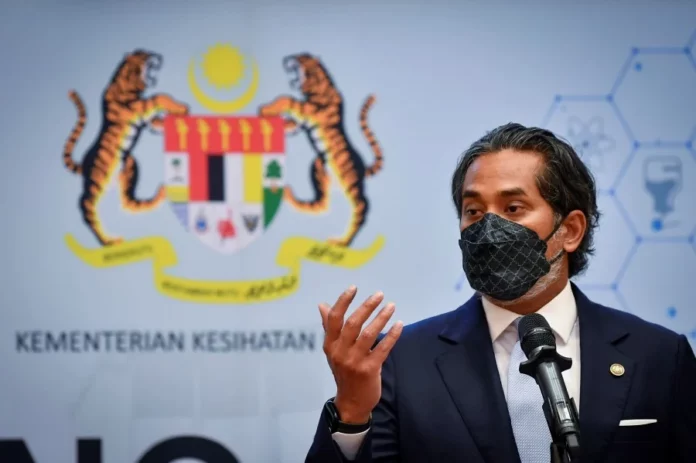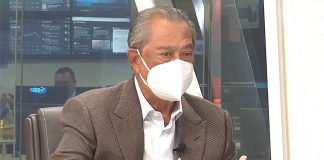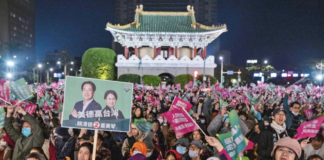SINGAPORE, June 2 — “It is not an easy decision for us to make,” says Khairy Jamaluddin on Malaysia’s decision to stop exporting up to 3.6 million chickens from June 1 which has also affected the supply to Singapore.
“We value our bilateral relations with Singapore. So we hope that this is a very temporary measure until the supply and price situation in Malaysia is stabilised,” said Malaysia’s Minister of Health to reporters today.
He was responding to a question from reporters on how successful the import ban will be in controlling prices and stablising the poultry supply. Khairy is here for four days since May 31, 2022 as Lee Kuan Yew Exchange Fellow and will return on June 3.
“Obviously, we are in a very difficult situation given supply chain issues with regards to feed and climate change issues which have affected the time it takes for the poultry to grow and enter the market. So all of these factors have coalesced into a situation where there is a shortage in supply and inevitably leading to the high prices in Malaysia.
“While countries obviously will look to securing their own food requirements, we are also well aware that we have a responsibility as exporters to our neighbours including Singapore,” he said.
However, Khairy said that the situation is already improving.
“We are working together very closely with poultry producers in Malaysia to ensure that they can increase output. We are also looking at substitute feed to ensure that we have an affordable feed supply for poultry.
“Once these things are resolved then, of course, we hope to resume our poultry exports including to Singapore,” he said.
To a question whether it would take at least a few more months for the poultry exports to resume, Khairy replied: “Well, I hope not.”
Singapore Food Agency (SFA) had said approximately 34 per cent of Singapore’s chicken imports in 2021 are from Malaysia – almost all are imported as live chickens which are slaughtered and chilled in Singapore.
















